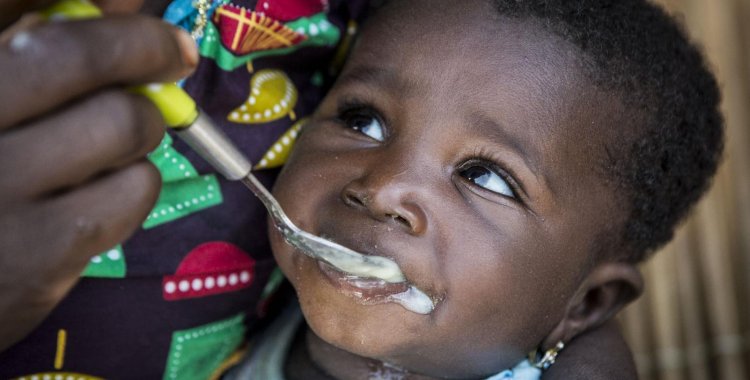According to a statement, WFP and the Government of Angola launched a nutritional project to support the authorities of Luanda province in the treatment and prevention of acute malnutrition in children.
The project will support vulnerable communities adversely affected by the social and economic consequences of the covid-19 pandemic.
In addition to the training of agents, WFP will provide nutritional food supplements, which will be distributed by the provincial authorities to some 37,000 children under 5 years of age.
The document also states that the UN organization will also support the Government in training to improve the skills of families and caregivers in good child feeding practices, including breastfeeding and complementary feeding, good hygiene, health, nutrition and protection measures against covid-19.
The project, which is part of the national response to covid-19, is funded through the Technical Assistance Delivery Agreement, signed between WFP and the Government of Angola, with support from the World Bank.
The agreement also covers the areas of school feeding and vulnerability assessment and mapping to support comprehensive and reliable food-security and nutrition assessments in the country.
The head of the Public Health department of the Luanda Provincial Health Office, Catarina Oatanha, cited in the statement, said the project will help "strengthen national capacities for a rapid and appropriate response to acute malnutrition and ensure that children in vulnerable communities can learn and grow.
The head of WFP's Angola office, Michele Mussoni, also cited in the communiqué, stressed that acute malnutrition affects all population groups, but especially young children, as proper nutrition is critical to their growth and development.
"The pandemic has severely disrupted the livelihoods of vulnerable populations in urban areas, where informal work is the main source of income for many, and we hope that this project will help improve their food and nutrition security, increasing their resilience," she said.







